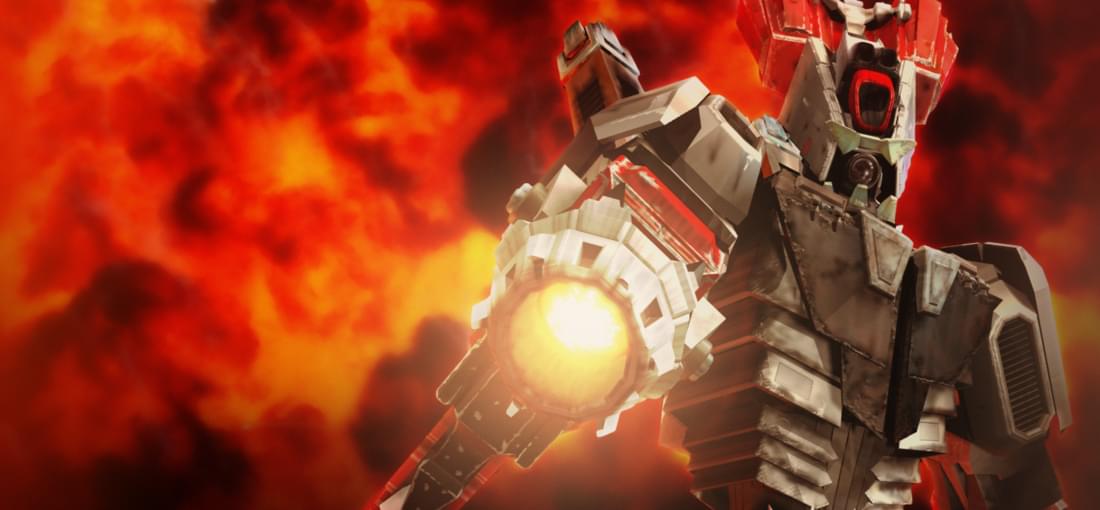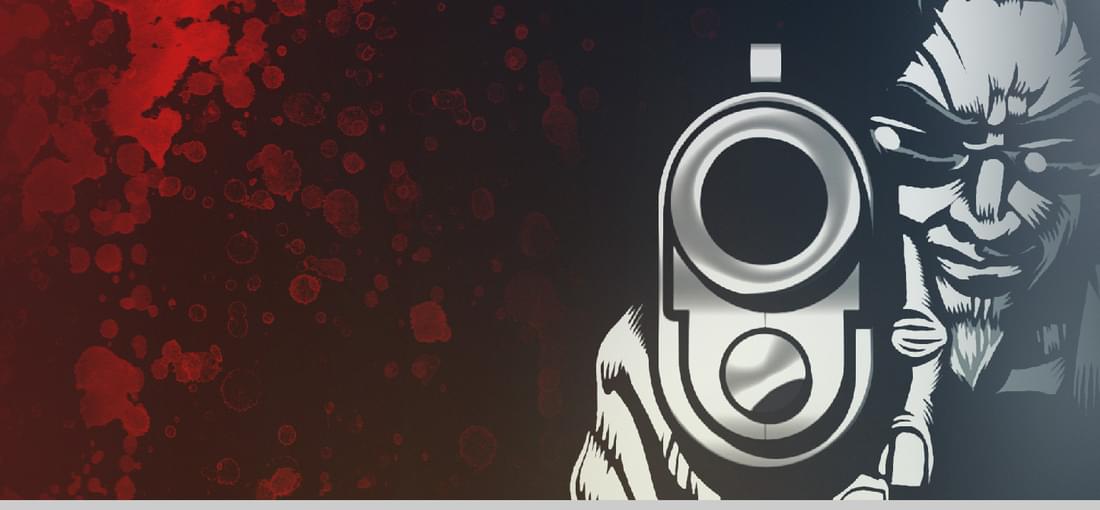


I have been playing Total Annihilation for as long as I can remember. It was one of my first computer games as a kid. I am now 19, and still play TA on-and-off. When I saw it on GOG, expansions and all, for only 6 dollars, I had to pick it up again. No other RTS game I've ever played has done so many things quite as well as TA did. I'm a huge fan of StarCraft and StarCraft 2, but TA just keeps pulling me back. The game goes above and beyond the standards of even games being released today in many ways. TA skillfully blends simplistic gameplay and complex mechanical workings to present a game that is both easy to learn and hard to master. The balanced mechanics allow for both offensively and defensively minded players to prevail. Whether you are green as grass or a hardened veteran, you can find a level of success in any play style that suits you. TA brings a wide array of interesting strategic and tactical elements to the table. For example, any given weapon behaves differently, based on what type of weapon it is. Many variables are at work each and every time a unit fires a weapon, every one of which could cause a hit or a miss. TA's physics and in-depth interactivity of various mechanics leave room for micro AND macro-management. It isn't like your typical RTS, where every shot hits and fights come down to mathematical superiority. Your tactical prowess actually matters, but you can get by without it if need be. Due to the many interesting and realistic mechanics, each battle in TA can play out differently. Everything can have an unexpected outcome because there are so many variables at play. Basically, every object in the game, be it a projectile or unit, can act on any other object, even in unexpected ways. An airplane could collide in the air with a nuclear missile, detonating it before it reaches its target; a unit could stand in front of a plasma turret to block its shot, causing it to be hit by splash damage. Resource management in TA is, again, both simple and complex. There are unlimited resources to be gained, but you must keep a fine balance of incoming and outgoing resources, or your construction will stall. Your laser and long-range plasma weapons may also lose power with low energy reserves. You can extract energy and metal from objects on the map (rocks, trees), or even from the remains of destroyed units and buildings. You can take an active or passive role in resource management, yet again, catering to any caliber of player. In short, Total Annihilation has the most depth of any RTS game I have ever played, but does so in a way that doesn't make the game difficult to get into. I was able to enjoy it as a child, and I am now able to enjoy it as an adult that can see all of the complexity I used to take for granted. The visuals of TA may be dated by today's standards, but they were incredible for their time. On high resolution, the game still looks wonderful. It gets the job done, and you will never find yourself wondering what you are looking at, as you do so often in older RTS games. One of the most interesting aspects of the game is the musical score. The game adapts the music to the events in progress, whether that be the calm before the storm (building), the celebration of a major victory, the crushing blow of defeat, or the intensity of battle; it sounds amazing. While the transitions can be a little choppy and abrupt, once the right music is playing, it sets the mood perfectly. The soundtrack is absolutely an unforgettable experience, and is easily one of the greatest any game has produced to-date. If you will find any flaw in Total Annihilation, it is probably the enemy AI. They can sometimes break themselves and stop building entirely, but that is usually caused by having certain mods while playing certain maps. The worst thing the AI will do is mass land units and try to send them over the seas, resulting in a giant, robot beach party. This can actually be very entertaining sometimes, as you can just shell the shore with a battleship and watch the explosions send metal chunks flying all over the place. Total Annihilation was ahead of its time. It sets the bar for a great RTS, both in 1997 and today. There is still an active community of players and modders for TA and you can easily find people to play with by using a program called GameRanger, which sets up P2P multiplayer servers. This is probably the best investment of $5.99 that you can possibly make as a fan of the RTS genre. Don't miss out. P.S, I wish a modern developer would pick up the rights to TA and remaster it with updated graphics and AI improvements. It is nothing short of amazing that those are the only two areas that would require major improvements to compete with games like StarCraft 2.

After seeing the movie adaptation, because it was on Netflix and I enjoyed watching a friend play Postal 2, I finally got around to buying the game (during the sale). I am satisfied with my purchase, and would have gladly paid full price, had it not been on sale. Postal 2 is a great way to kill time. It doesn't offer much in the way of storytelling or visuals, but it delivers where you would expect it to the most; cheap laughs and absurdity. The shooting is solid enough, the storyline is ridiculously funny (if you aren't a humorless prude, that is), and the gameplay is non-linear. Expect South Park-esque humor, i.e. no boundaries. I have few gripes with the game, but nothing major. The objectives become formulaic, even if unique in their own ways. There is also not a whole lot to do between long walks to missions if you are growing tired of just messing around, exploring, or "going postal." It is for these reasons that I suggest playing the game in smaller doses. It is an entertaining diversion, but lacks immersion and lasting appeal (not to say it doesn't keep bringing you back, but it isn't for power sessions). While these issues are eliminated in the Apocalypse Weekend expansion (which I am only partly through at the moment), it is only because the expansion plays more like a traditional, linear shooter. You finish a mission, you move to the next. There is little or no exploring or walking to other missions. This is both a good thing, as it makes the game easier to digest at times, but also a bad thing, as it removes one of the more interesting aspects of the game. Postal 2 is well worth picking up for a casual diversion, assuming you enjoy the crude humor. Just don't go in expecting a game that will keep you entertained for extended periods of time.